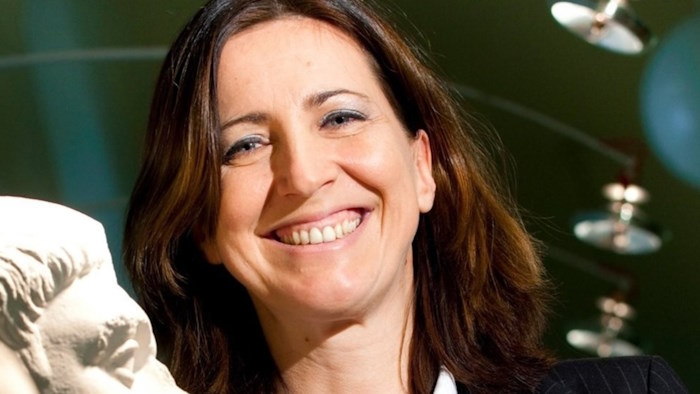Sabine Ladstätter was an archaeologist dedicated to uncovering the secrets of the ancient world, especially known for her work on the ancient city of Ephesus. Born in 1968 in Austria, Ladstätter quickly became one of the most important names in the sector with her in-depth studies in classical archaeology and ancient history.

Years Dedicated to Ephesus
Throughout his academic career, one of Ladstätter’s greatest interests has been the ancient city of Ephesus. His research on the complex social structure, economy, and daily life of this ancient city revealed that Ephesus was not only a geographical point, but also a living part of the ancient world. In particular, his work on the ceramics of Ephesus provided significant insights into the city’s trade relations and cultural interactions.
During his excavations at the ancient city of Ephesus, Ladstätter uncovered new information about the historical and cultural significance of the ancient city. This information contributed to the inclusion of the ancient city of Ephesus on the UNESCO World Heritage list. Ladstätter headed the excavations of the Ancient City of Ephesus for 14 years, during which time he carried out many important projects.
Legacy of Sabine Ladstätter
We lost Sabine in 2024 because of complications of her sickness. Sabine Ladstätter was not only an archaeologist, but also a scientist, an educator, and an inspiration. Thanks to her passion for Ephesus and her work, what we know about this ancient city has expanded so much. Thanks to her, Ephesus is no longer just a pile of stones, but a city where people lived, produced, rejoiced and grieved.